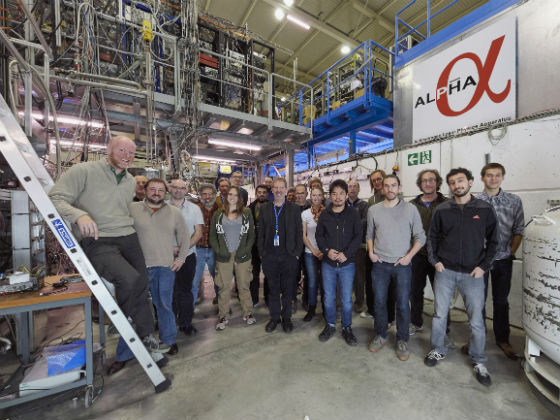Research News
-

US public backs carbon tax, and spending revenue on renewables
The majority of the US public is in favour of a tax on fossil fuels, provided the money goes into clean energy and infrastructure, according to a new study. The Yale University study surveyed Americans’ willingness to pay a carbon tax, and their preferences on how any revenue should be spent. The results were published […]
-

Answer to bacterial antibiotic resistance may be found in plants
Bacterial resistance to antibiotics is an ever-growing problem for healthcare, agriculture and hygiene, thanks to their indiscriminate and often excessive use. While natural, plant-derived antimicrobial small molecules may offer a potential solution, they often lack sufficient activity and selectivity to fulfil antibiotic requirements, and their conventional methods activation may not be compatible with biomedical applications. […]
-

Journal marks 60th anniversary of the first serious nuclear accidents
This year sees the 60th anniversary of the world’s first serious nuclear accidents – the “Kyshtym Accident” in Russia and the “Windscale Fire” in England. The accidents happened at nuclear weapons production sites within two weeks of each other in the autumn of 1957, and required measures to protect the public. To mark the anniversary, […]
-

Paper reveals the theory behind ALPHA antihydrogen breakthrough
New research by a team from Aarhus, Swansea, and Purdue Universities has enabled recent experiments to make the first measurement of the 1S – 2S atomic state transition in antihydrogen. In the paper, published in the Journal of Physics B: Atomic, Molecular and Optical Physics, a theoretical approach is developed for the ALPHA experiment at […]
-

Cell culture system could offer cancer breakthrough
A new cell culture system that provides a tool for preclinical cancer drug development and screening has been developed by researchers in the USA. The team, led by scientists from Princeton University, New Jersey, created a microfluidic cell culture device that allows the direct, real-time observation of the development of drug resistance in cancer cells. […]
-

Solar cell breakthrough paves the way for new applications
An international scientific collaboration has successfully integrated a sub-micron thin, nanophotonic silicon film into a crystalline solar cell for the first time. Thinner crystalline silicon cells absorb less light. While the addition of nanophotonic structures can strongly improve light absorption, their integration into the cells has been challenging thus far, due to the electrical losses […]
-

Nanomaterials help spiders spin the toughest stuff
Spiders’ silk is already tough stuff – just ask your friendly neighbourhood Spiderman. But now, researchers in Italy and the UK have found a way to make Spidey’s silk a lot stronger, using various different spider species and carbon nanotubes or graphene. The research team, led by Professor Nicola Pugno at the University of Trento, […]
-

Cognitive hearing aid filters out the noise
US engineers have made a major advance in helping hearing-impaired people follow a conversation in a noisy environment, with a new method that brings cognitive hearing aids a step closer to reality. People who are hearing impaired have a difficult time following a conversation in a multi-speaker environment such as a noisy restaurant or a […]







